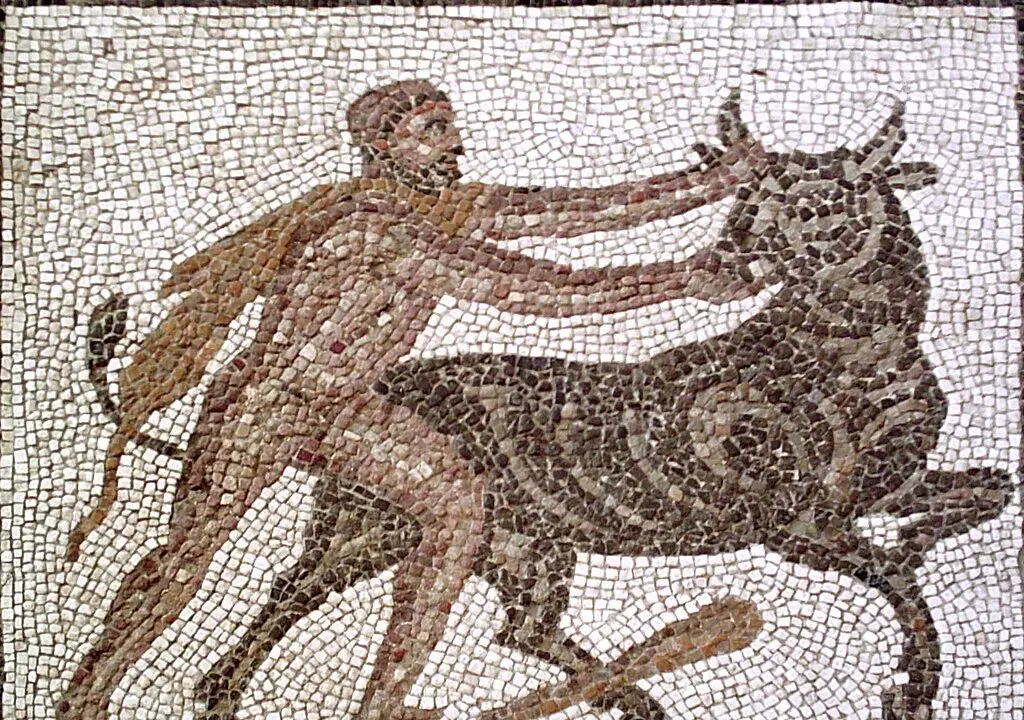Plato is justly famous as one of the world’s greatest philosophers. Indeed, 20th-century philosopher A.N. Whitehead once commented that all Western philosophy is but “a series of footnotes to Plato.”
At the end of his book “Republic,” Plato recounts the curious myth of Er. “Myth” here has its ancient Greek meaning of “account” rather than our contemporary understanding of it as something false or of its being a traditional story involving supernatural beings, heroes, gods, quests, and the like.






